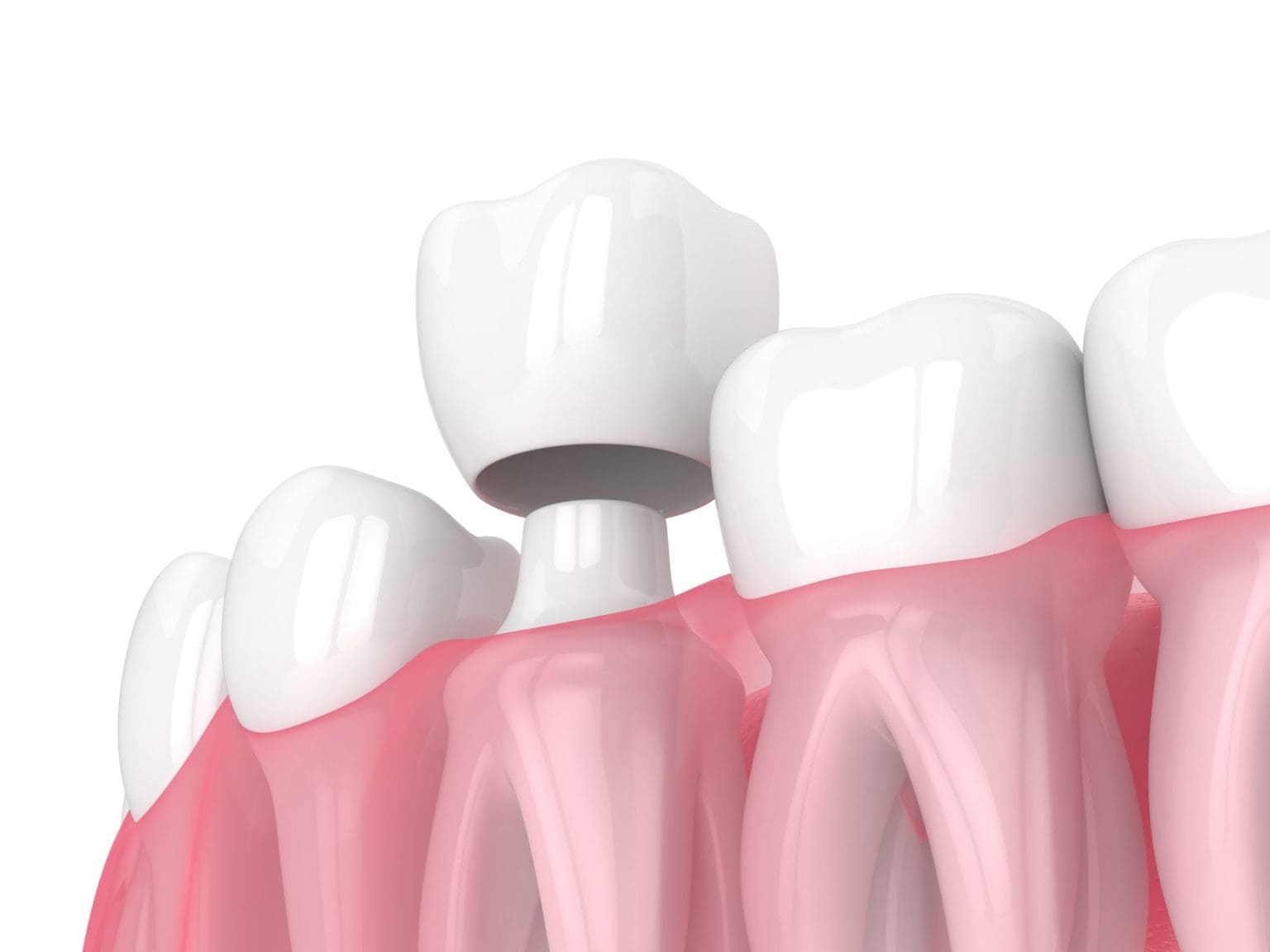A new dental crown could restore the appearance and function of a damaged tooth, but the long-term success of that restoration depends heavily on the care it receives. Proper aftercare not only protects the crown itself but also preserves the health of the surrounding teeth and gums. Understanding what to expect after your appointment and how to maintain your crown at home will help ensure it lasts for many years.

What to Expect After Getting a Dental Crown
It’s normal to experience some mild sensitivity once a crown is placed. Your tooth and surrounding gum tissue may feel tender for a few days as they adjust. Temperature sensitivity is common, especially with hot or cold drinks, and the area may feel slightly different when you bite down. These sensations typically fade within a week. If your bite feels off or you experience sharp or persistent pain, it’s important to contact your dentist so the crown’s fit can be checked and adjusted if necessary. You may also notice that the crown feels a bit unfamiliar at first. This is part of the adaptation process, and most people adjust quickly. Maintaining gentle habits during the initial days will give the tooth and crown time to settle comfortably.
Caring for Your Crown at Home
A dental crown cannot decay, but the tooth beneath it still can. Good oral hygiene is essential to protect the underlying structure and the surrounding gumline. Brushing twice a day with a soft-bristled toothbrush helps prevent plaque buildup. You should aim to use a fluoride toothpaste to strengthen the natural tooth under the crown. Paying careful attention to the area where the crown meets the gumline is especially important, as this is where bacteria can settle.
Flossing every day helps keep the sides of the crown and neighboring teeth clean. Slide the floss gently rather than snapping it down, which could put pressure on the margins of the crown. Some people prefer using a floss threader or water flosser around crowns for comfort and ease, especially if the crown is part of a bridge or is located in a tight space. Mouth rinses can support the health of the crown and surrounding tissue. Alcohol-free antibacterial rinses reduce plaque and help keep the gumline healthy, while fluoride rinses add an extra layer of protection against decay.
Eating Habits That Protect Your Crown
Being mindful of what you eat in the days following your crown placement encourages proper healing. Soft foods are more comfortable while sensitivity is present, but you can gradually return to your normal diet as tenderness subsides. Long-term, your crown should function like a natural tooth, but certain habits are best avoided.
Chewing very hard foods like ice, unpopped popcorn kernels, or hard candies can stress a crown. Sticky foods such as caramel or taffy may pull on the crown or weaken its seal. While enjoying these foods occasionally is fine, taking care to chew them cautiously or avoid them altogether will extend the life of your restoration. If you grind your teeth at night or clench during the day, talk to your dentist about a night guard. Excessive pressure from grinding can damage both crowns and natural teeth.
When to Contact Your Dentist
Regular dental checkups are an essential part of crown maintenance. Professional cleanings remove plaque that can accumulate around the margin of the crown, and your dentist will monitor the integrity of the restoration at each visit. You should also contact your dentist if your crown becomes loose, if you notice a dark line near the gumline, or if you experience ongoing discomfort.
Dental Crown Care in Columbia, MD
At Columbia Family Dentist, we are committed to helping you achieve a stronger, healthier bite. If you have decay or damage, a dental crown could help restore your smile and quality of life. Contact our office today to schedule a consultation and learn more about your treatment options.
